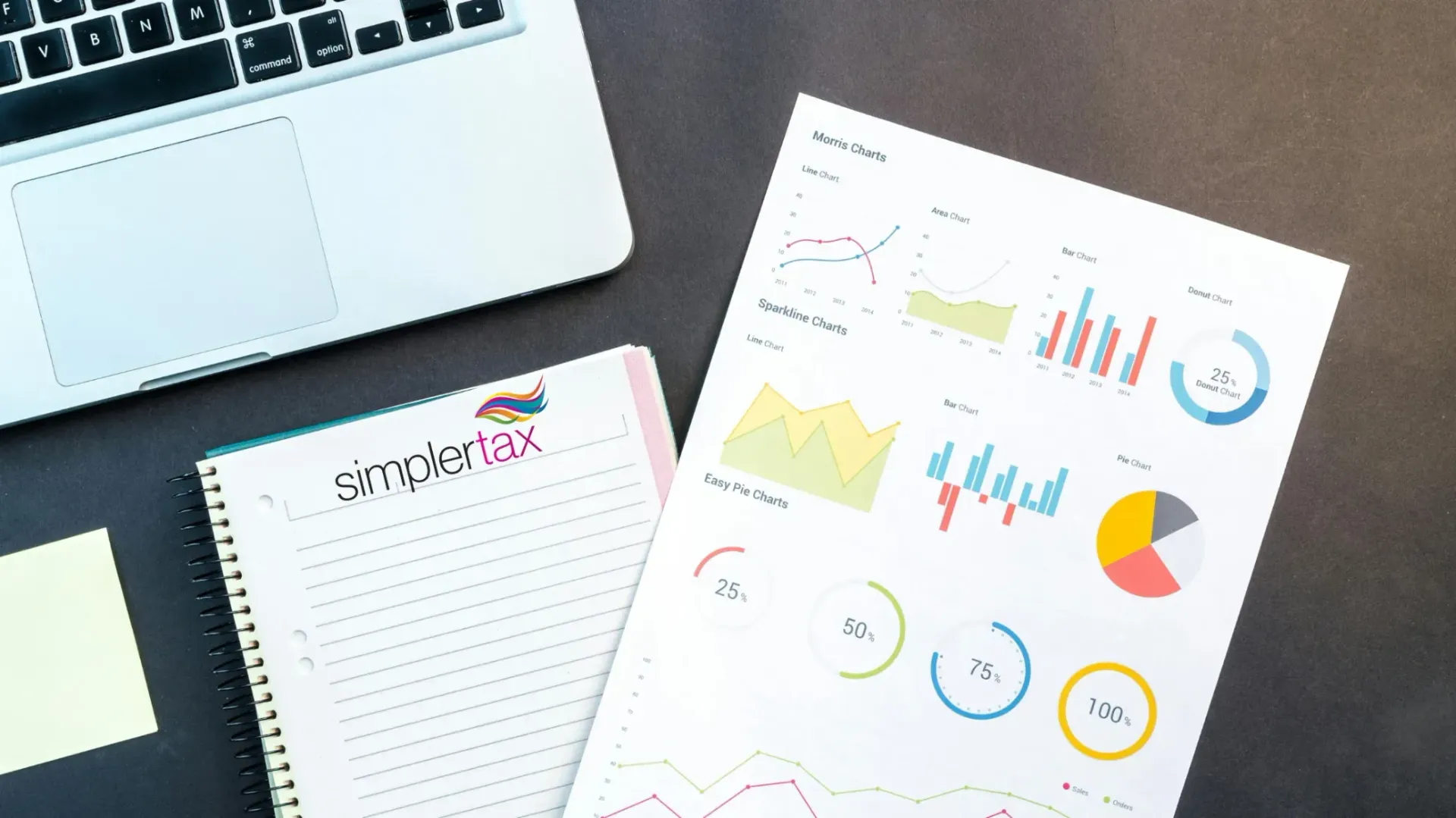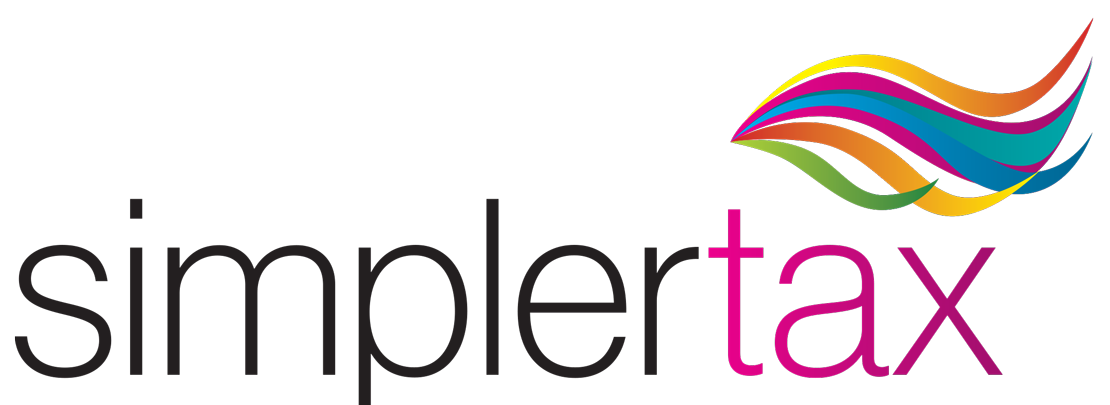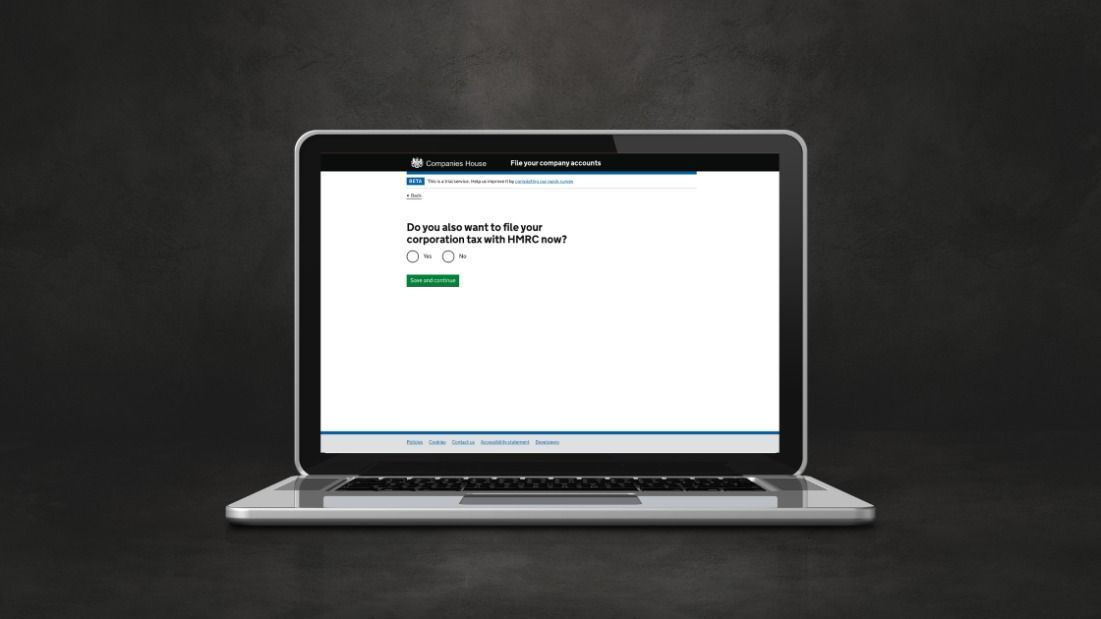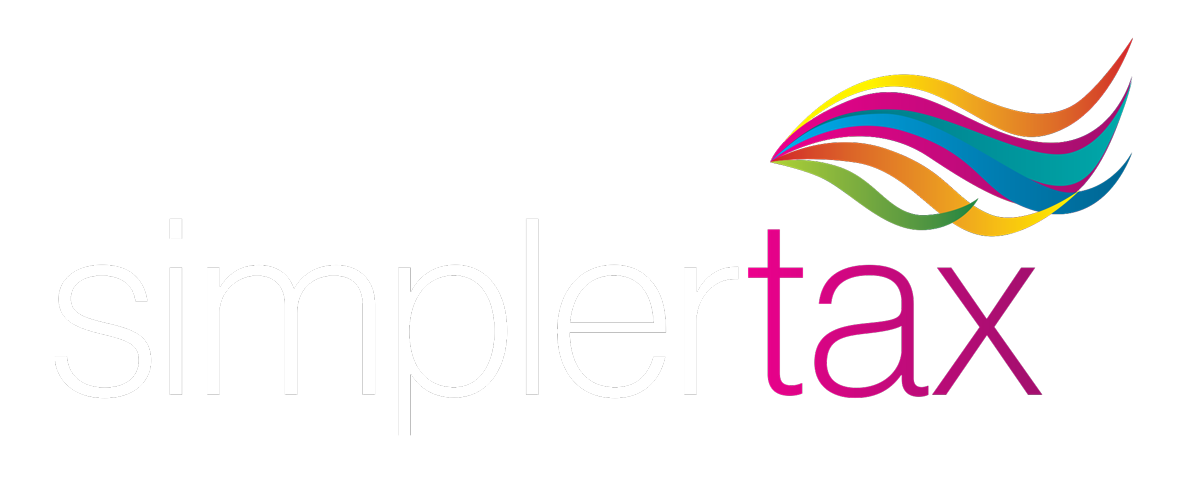9 Questions Simpler Tax Recommends Asking Before Hiring an Accountant
How to Hire An Accountant
Author - Craig Davies
Date - 18 June 2024

Choosing an accountant is a big step for any business owner in the UK. It's a partnership that can either propel your growth or hold you back. The wrong accountant can mean missed opportunities, costly errors, and unnecessary stress.
Simpler Tax is well aware of the weight of this decision. We've meticulously compiled 9 essential questions to guide you in finding the perfect accounting partner who not only understands your business but also the unique financial landscape it operates in.
9 Questions to be sure to Ask Your Accountant
1. What qualifications and experience do you have that are relevant to my business?
Don't just settle for any accountant. Look for a qualified professional, ideally a chartered accountant (ACCA or CIMA) with a proven track record. For instance, if you're in the manufacturing industry, ask about their experience with businesses similar to yours. This ensures they understand the nuances of your financial situation.
2. Which accounting services do you specialise in?
Every business has unique accounting needs. Ensure the accountant offers the specific services you require: bookkeeping, tax preparation, VAT returns, payroll, or financial forecasting. If your business has particular needs, like R&D tax credits or international tax, inquire about their expertise in those areas.
3. How do you structure your fees, and can you provide a personalised quote for my business?
Accounting fees can vary greatly. Understand their pricing model (hourly rate, fixed fee, value-based pricing) and ask for a clear, upfront quote tailored to your business's needs and budget. This avoids any unexpected costs down the line.
4. How will you communicate with me, and how often can I expect updates?
Open communication is the cornerstone of a successful accountant-client relationship. Establish a clear communication plan, including how often you'll receive updates (monthly, quarterly, annually) and the preferred methods of communication (email, phone, in-person meetings). Discuss how they'll keep you informed about your financial status and any regulation changes that might impact your business, ensuring you feel valued and heard.
5. Do you have professional indemnity insurance, and what does it cover?
Mistakes can happen, even with the most qualified professionals. Ensure your accountant has professional indemnity insurance to protect your business from potential financial losses due to errors or omissions on their part.
6. What accounting software do you recommend, and are you familiar with the software I currently use?
Accounting software can significantly impact your workflow. Discuss compatibility between the accountant's preferred software and your existing systems. Ask about their willingness to work with your software if needed, or get their recommendations for alternatives that might better suit your business.
7. How do you stay current with UK tax laws and accounting regulations?
Tax laws and accounting regulations are constantly evolving. Inquire about the accountant's professional development efforts, such as training, certifications, and professional body membership. This ensures they are up-to-date with the latest changes and can provide the most accurate and relevant advice for your business.
8. What's your approach to tax planning and helping businesses minimise their tax liability in compliance with UK regulations?
A proactive accountant can help you legally minimise your tax burden and maximise your financial efficiency. Discuss their approach to tax planning and strategies they can implement to help your business save money.
9. After reviewing my business's financial information, what are your initial observations and suggestions?
A good accountant will manage your finances and offer valuable insights and recommendations. After reviewing your business's financial information, ask them for their initial observations. This can give you a glimpse into their analytical skills and ability to identify areas for improvement.
Choose the right accountant
Choosing the right accountant is crucial for your business's success. At Simpler Tax, we understand the importance of this decision. Enquire with us today to discuss your accounting needs or to get personalised recommendations for accountants in your area. We're here to help you find the perfect partner to support your financial journey.









